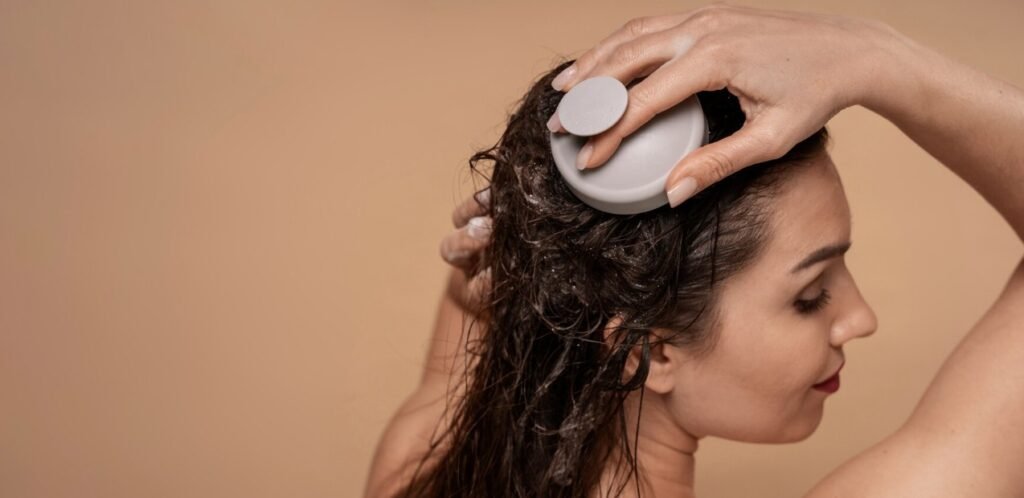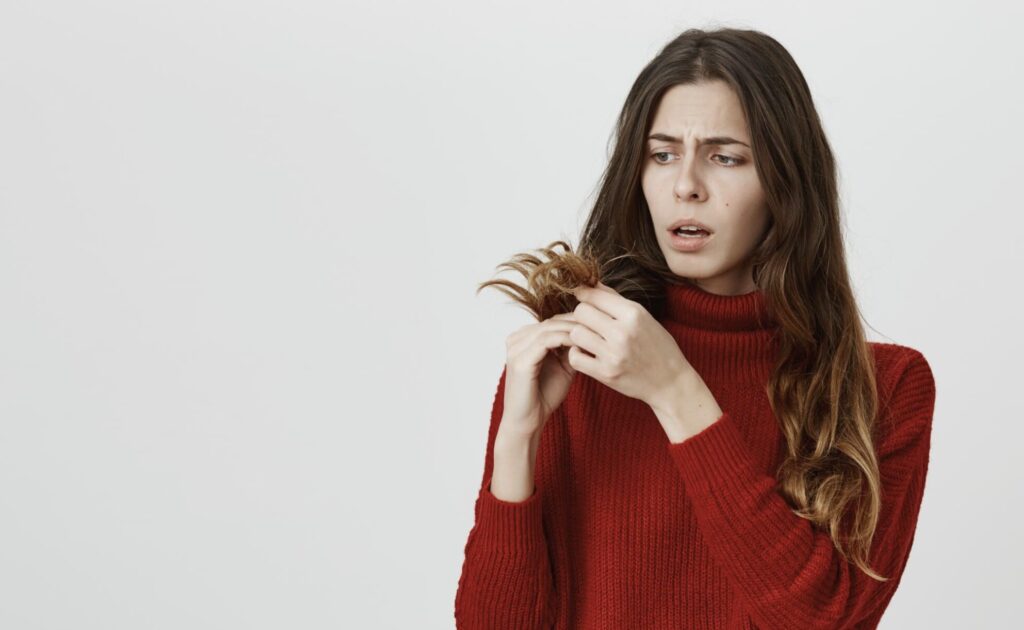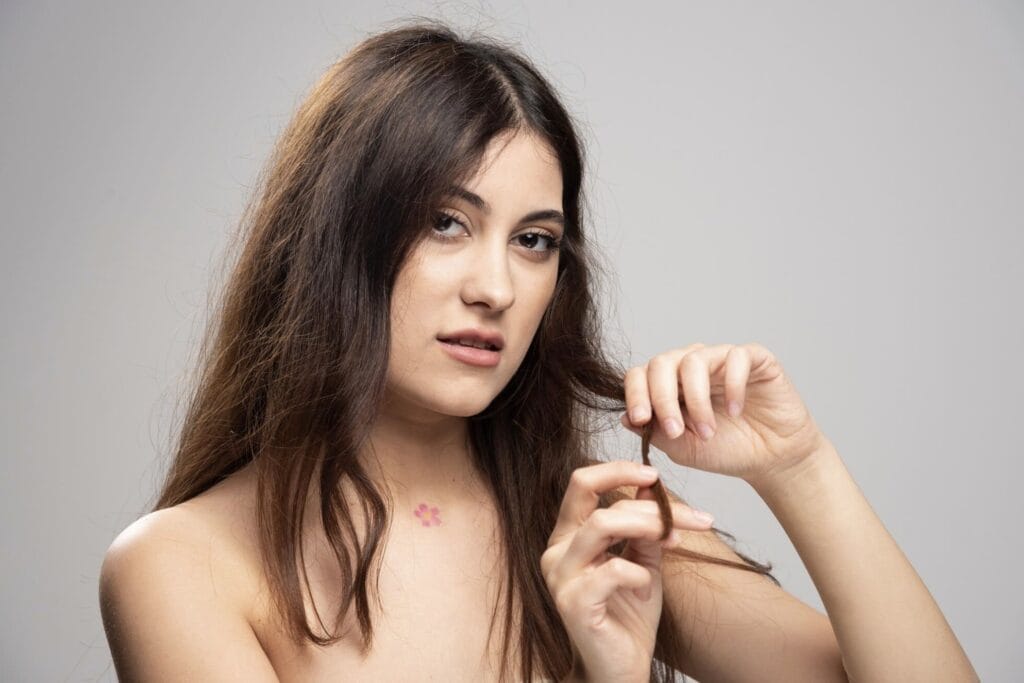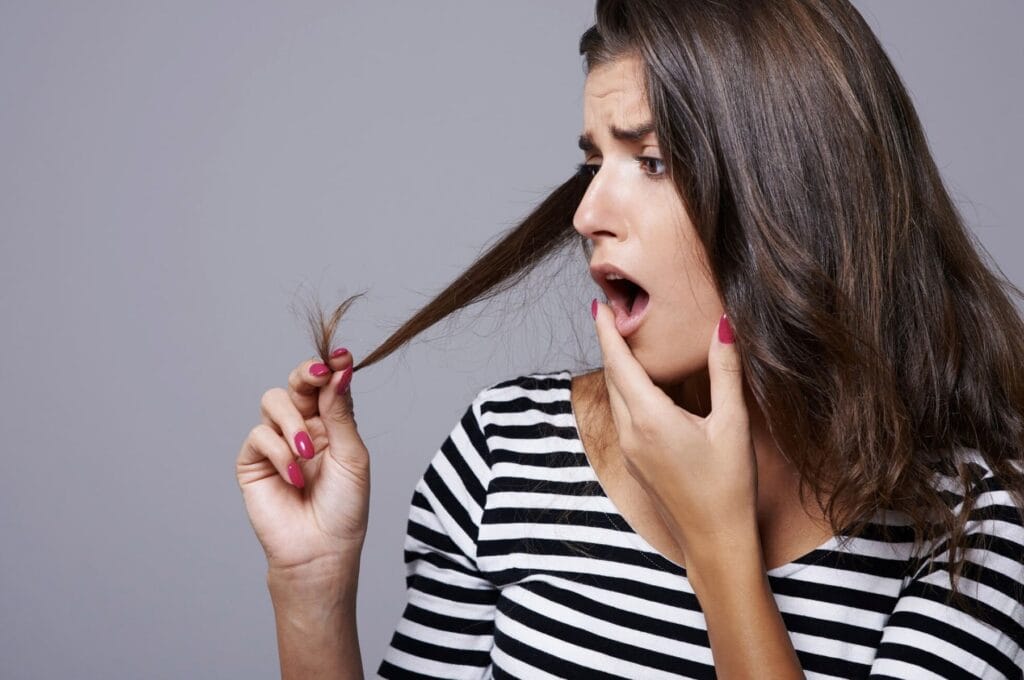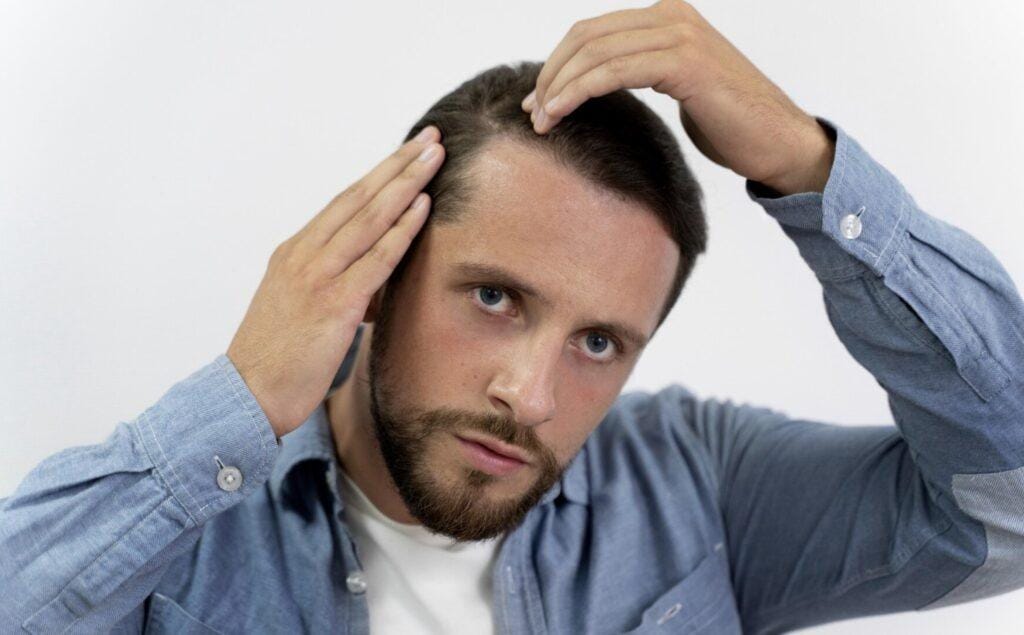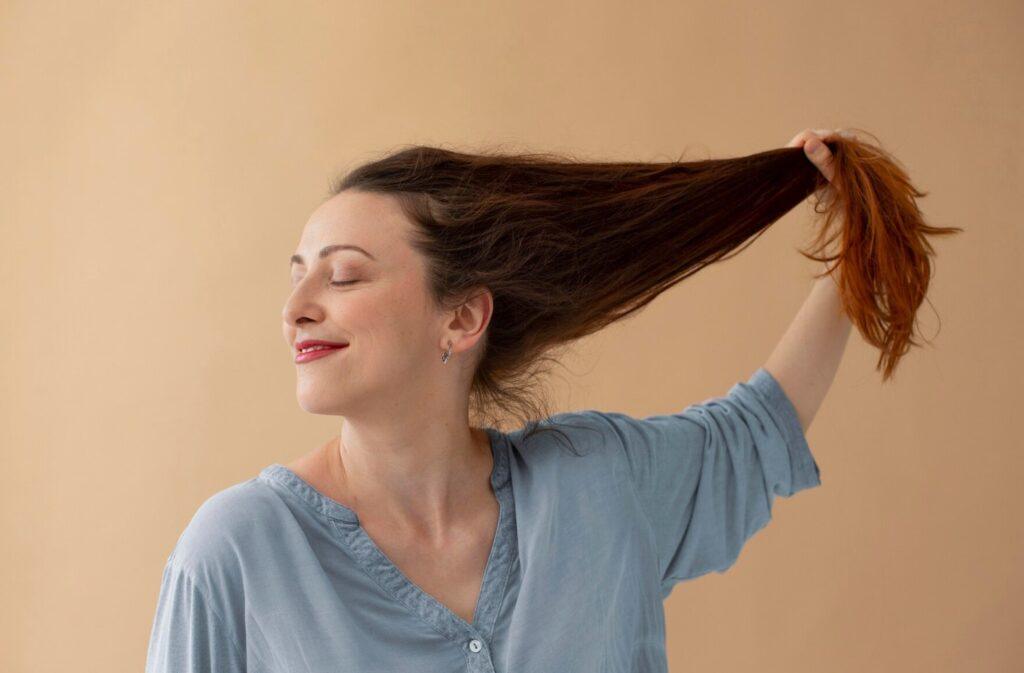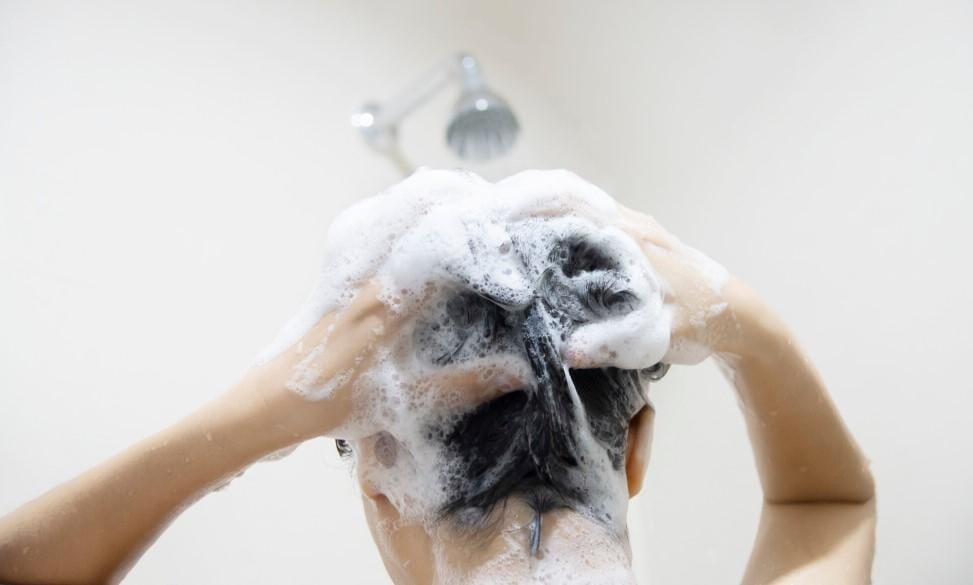It can be quite alarming to see more hair in your brush, or drain after you are shampooing, but the good news, you can often trace hair thinning back to a clear cause.
Hair thinning is a condition which almost everyone experiences at least once in their lifetime. Although it is absolutely normal for your hair to fall out 50–100 times a day, you can begin to worry when your ponytail does not stand, scalp becomes more visible or you find more and more hair on the pillow.
The tricky part? Almost anybody with a hair on their head can suffer from hair loss, whether it be due to temporary stress and nutritional deficiencies or hormonal changes and lifelong health issues. Thus, you need to know specifically the source of your issue, as that is where a proper fix begins.
Split ends can also enhance the look of thin hair, and so split-end hair treatment tips are important for a healthy look. The good news? Once you understand the underlying factors, you can make smarter lifestyle decisions, find the right treatment, and help your hair recover, they said. This guide takes a deep dive into the causes of hair thinning so you can feel more in control of addressing it.
Did You Know?
By their 40s, an estimated 40 percent of menopausal women experience noticeable hair thinning, which can be easily attributed to a combination of aging, hormonal changes and genes. By knowing these causes of hair thinning, you can act early in order to save your hair in its naturally beautiful state.
Also Read:
What is Hair thinning?
While hair loss is a gradual decrease of hair density on the scalp. Unlike alopecia, in which hair stops growing in certain places, with hair thinning, you do have hair but there are fewer strands, and each strand or some of them might become finer.
Hair thinning is an unfortunate change, and is a process; it can occur due to a variety of reasons. If you are experiencing a lot of thinning or if hair loss is occurring suddenly, you should see a dermatologist or health care provider to determine what is causing the thinning and appropriate treatment.
10 Common Things That Can Lead to Thinning Hair
There are a number of reasons the hair may appear thinner and it is a well known issue. Here are 10 common causes of hair thinning:
1. Genetic Prevalence
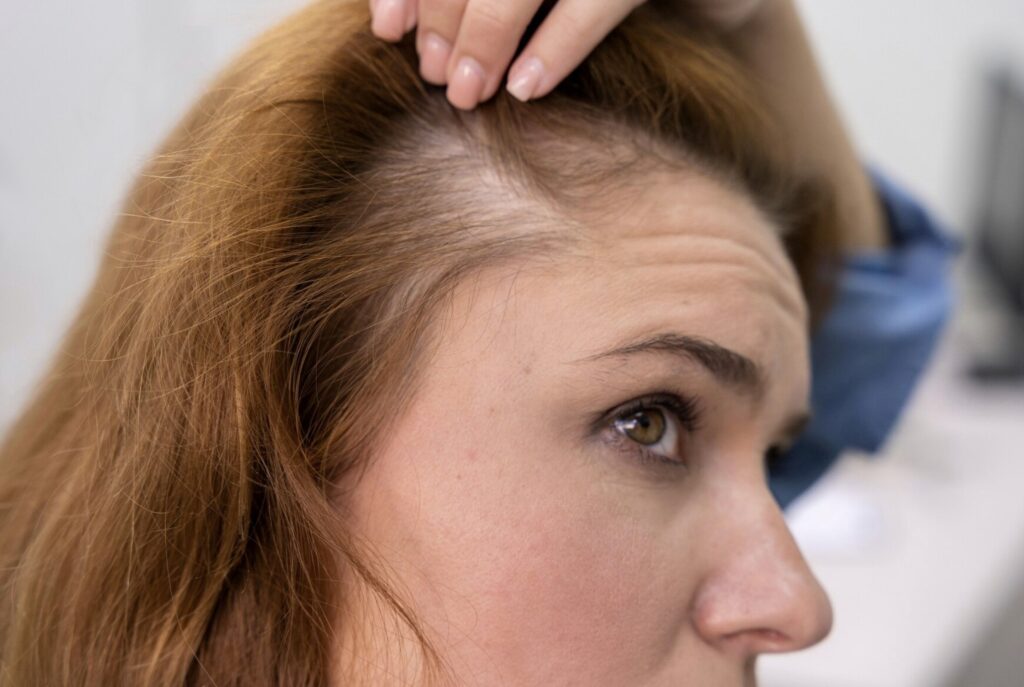
The thickness of your hair is largely determined by your genes. Androgenetic alopecia is the medical term for this hereditary, hair-thinning condition that affects both men and women. It tends to thin slowly, usually beginning at the top of the head or hairline.
Pro Tip: If you see family members who have thinning hair, you’re wise to your hair early with a mild nourishing routine to help prevent thinning hair.
2. Hormones and Hair Loss
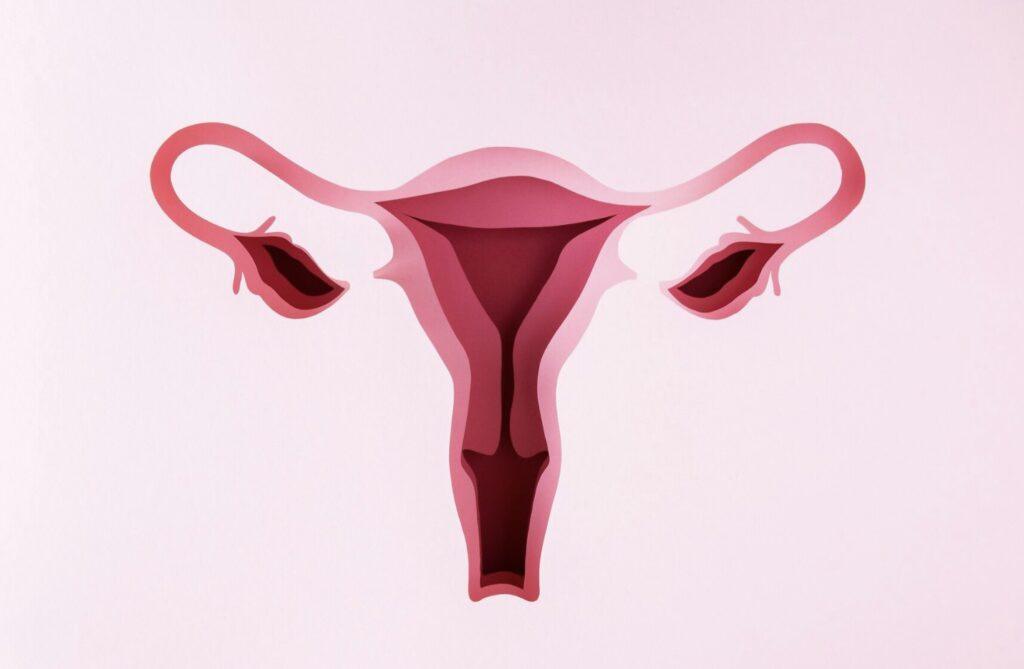
Hormones and Hair Loss They often clasp hands, especially when the woman is pregnant, going through menopause, or has a thyroid imbalance. Your hair growth cycle can be affected by hormones like estrogen and testosterone. As levels of these hormones change, your hair follicles respond by going into a resting period, which causes more shedding and, eventually, thinner hair.
Pro Tip: Regular visits for tech-ins with your healthcare provider, and hormone level checks, can uncover imbalances early and set you up to effectively treat hormonal imbalance and hair loss.
3. poor Scalp Health
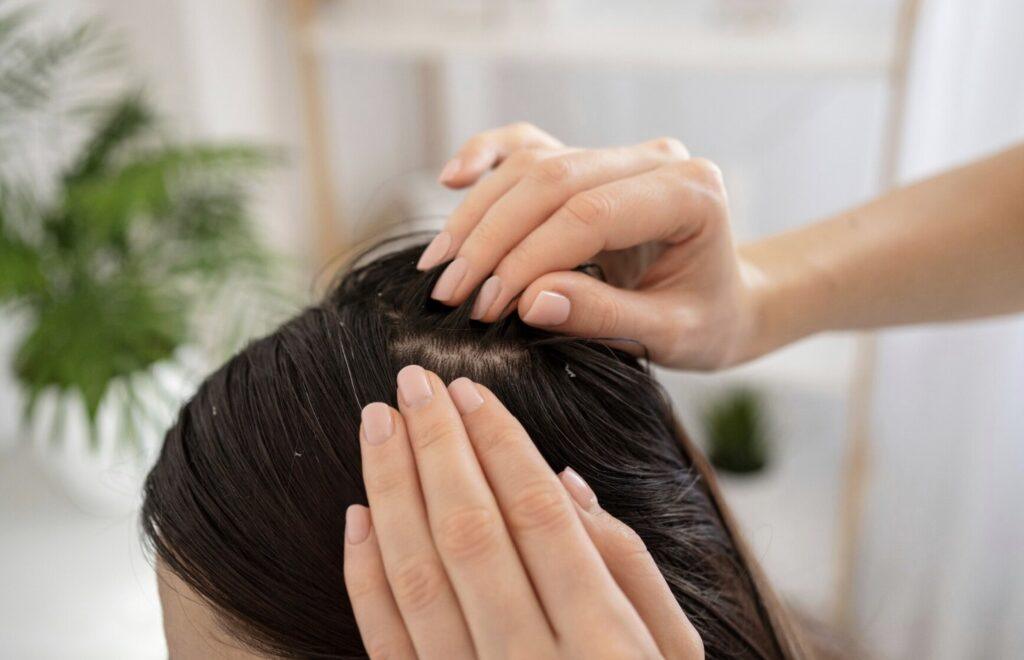
It’s your scalp where all the magic for healthy hair begins, and ignoring it can be one of the silent reasons behind thinning hair. Things like dandruff, scalp inflammation, or clogged follicles can cause hair follicles to become smaller and growth to slow, and that can make strands of your hair thinner. Try these natural hair growth tips to nourish your strands from the inside out.
Pro Tip: Add scalp care to your hair care system with gentle exfoliation and moisturizing treatments that help restore a healthy scalp balance and can encourage better hair.
4. Nutritional Deficiencies

You are what you eat — and so is your hair. Lack of proper nutrition due to unhealthy eating habits can also cause roots of your hair to become weak and cause hair thinning. With these nutrients lacking, the growth cycle of your hair can slow or stop, leading to visible thinning. That’s why including the best foods for hair growth in your diet is essential for strong, healthy strands.
Pro Tip: Fuel your body with a diet that includes plenty of protein, leafy greens, and nuts to help your body hold on to its hair and reduce hair thinning.
5. Stress and Lifestyle Factors
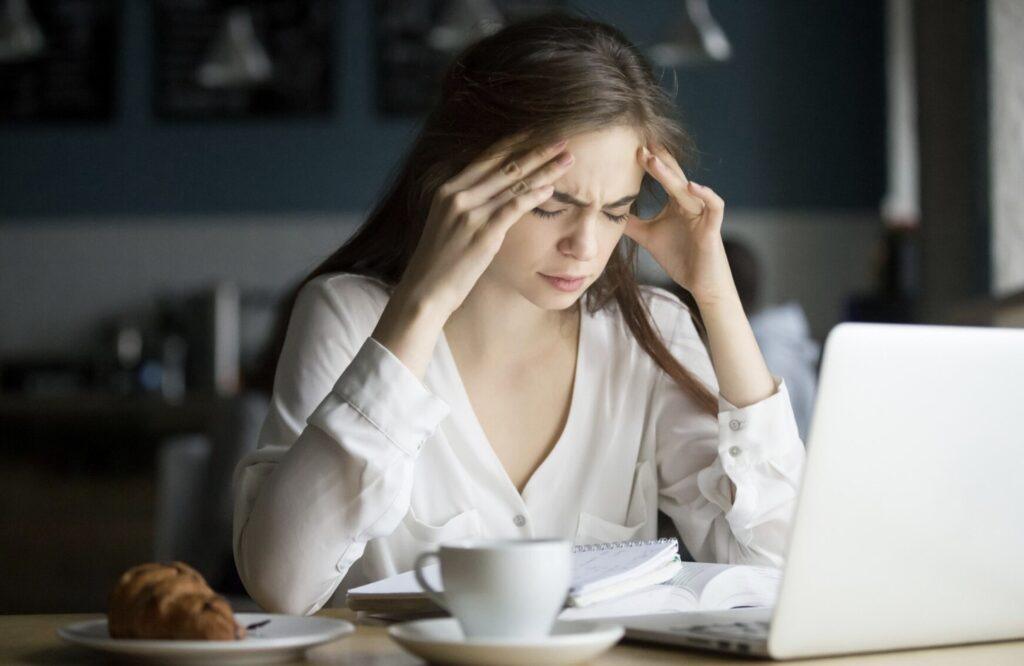
One of the most undervalued triggers behind causes of hair thinning is stress. Physical or emotional stress can cause your hair to enter into a resting phase, and more hair follicles may suddenly enter this state at the same time, which triggers more shedding than normal. The problems are worsened by bad sleep, smoking and too much alcohol.
Pro Tip: Combat stress-related hair thinning by learning stress-relief tactics such as meditation, routine workouts, and good sleep.
6. Hair Styling and Treatments
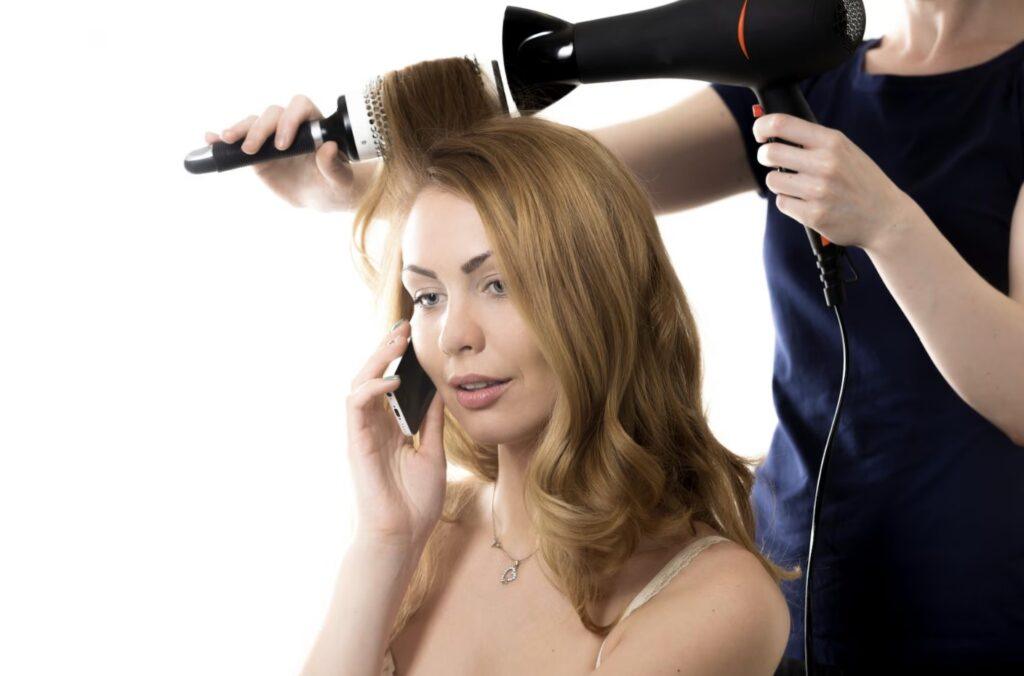
If you have a habit of using a lot of harsh chemicals, heat tools or you like to wear your hair in tight styles and/or color it on a regular basis, then that can eventually break down your strands and damage your follicles.
This abuse becomes a big contributor, over time, in the causes of hair thinning, particularly for persons with naturally fine hair or hair thinning in women. In addition, long-term use of these practices can result in permanent hair damage, so pamper your hair with gentler treatments that ensure the beauty and health of your locks.
Pro Tip: Take regular breaks from styling treatments and make sure to use heat protectants to reduce damage and keep your follicles strong.
7. Disease and Drugs

Medical conditions like alopecia areata, scalp infections and autoimmune disorders cause sudden or gradual hair loss. And some medications, such as chemotherapy, blood thinners and antidepressants, can cause hair loss as a side effect.
Pro Tip: When you begin new medications, talk to your doctor about potential hair-related side effects and inquire about available treatments.
8. Ages and Changes in the Natural Hair Cycle

Hair naturally gets shorter growth cycles and finer as you grow older. Among the normal reasons for hair thinning that everybody experiences, as it turns out, one is the simple passage of time — the natural part of the hair growth cycle when old hairs fall out and are replaced by new ones.
Pro Tip: Volumizing Formula or Scalp Stimulant for nutrient and hair follicle stimulation to maintain a full look even as you age.
9. Environmental Damage
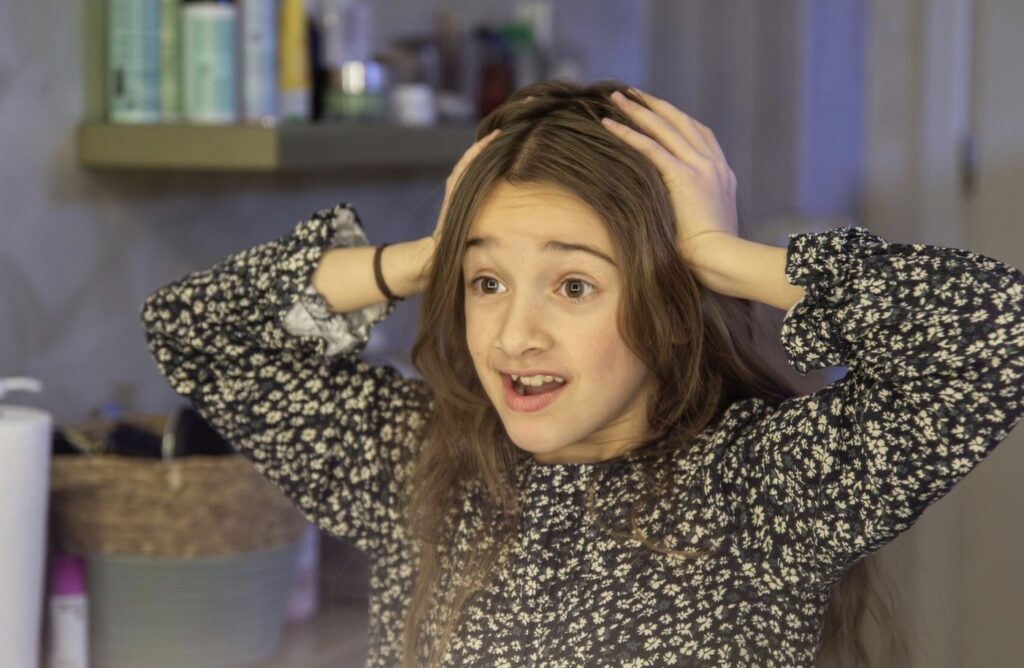
Your cuticle and scalp can sustain damage from pollutants, sun exposure, and harsh weather. Scalp elements including environmental stress, poor air quality and weak scalp condition can lead to the loss in hair density and lead in thinner scalp.
This can gradually cause hair to thin and worsen the problem; which means protecting your hair from environmental damage is super important.
Pro Tip: Wear a hat, and keep hair covered with UV protection sprays when outside to help prevent environmental damage and promote the resilience of the scalp.
10. Inadequate Hair Care Routine
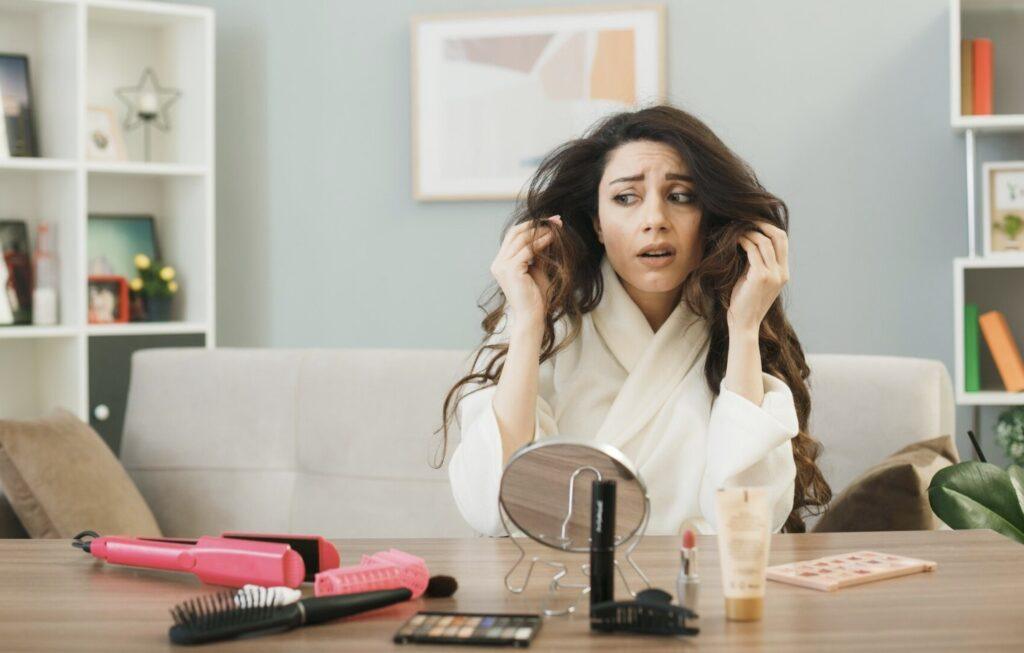
The way you treat your hair at times can also play a major role in hair that becomes sparse. Washing hair too frequently, applying a shampoo that’s way too harsh or skimping on conditioning can cause breakage and dry, weakened hair, typically described as the common causes of hair thinning.
Not to mention, if you’ve been slacking on your regular conditioning treatments, or you’ve been using heat styling tools too frequently, you won’t be doing your strands any favors because growing them out weak can lead to more of them breaking off and falling out.
Pro Tip: Opt for mild, sulfate-free shampoos and condition regularly to help maintain a well-fed hair and scalp and reduce susceptibility to thinning.
Conclusion: Key Causes of Hair Thinning and Prevention Tips
Knowing some potential causes of hair thinning are makes it easier for you to figure out how to resist it, or even leave behind the hair that you still have. Whether it’s hair thinning in women, or common hair loss, the results originate from deeper within the body. Eating counteractive meals, caring for the scalp and balancing hormones properly can all prevent hair loss.
By adding these different foods to your diet – leafy greens, nuts, and lean proteins – you can give your hair all the right nutrients it needs to grow. There’s no substitute for patience nor regular attention when it comes to your hair and scalp if you’re on the lookout to make real, long-term gains.
If the thinning persists, don’t hesitate to seek advice from the professionals, there could be specific medical conditions that may require attention. The earlier you act, the better off your hair will be in the long run.
FAQs
When I should be concerned that my hair is thinning?
If a person is noticing shedding, especially if shedding is excessive, if you are seeing scalp patches that are not present on the hair before and if you’re seeing a texture change in the hair, it is advisable to see a physician, a dermatologist or trichologist.
Is it possible to regrow lost hair?
Yes, in many cases. Finding the cause — whether it’s stress, diet, hormones or an illness — can help you pick the correct treatment and possibly reverse the thinning.
What is the relationship between diet and hair loss?
Absolutely. Hair loss may also result from nutrient deficiency such as a lack of protein, iron, vitamins (particularly D and B12), which are all essential for healthy hair growth.

